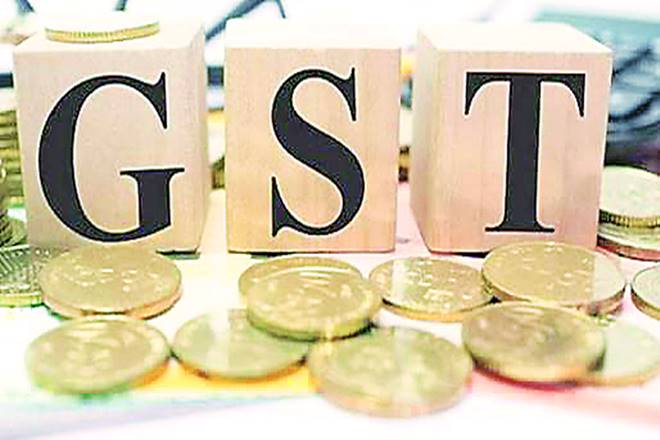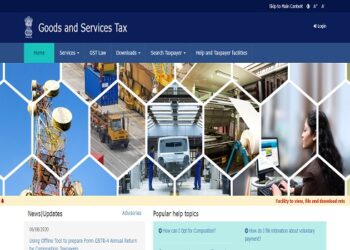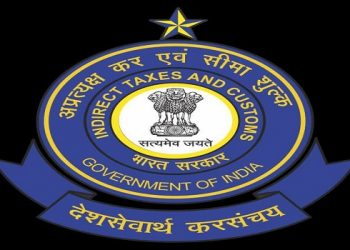Goods and Services Tax (GST) is an indirect tax (or consumption tax) used in India on the supply of goods and services. It is a comprehensive, multistage, destination based tax: comprehensive because it has subsumed almost all the indirect taxes except a few state taxes. Multi-staged as it is, the GST is imposed at every step in the production process, but is meant to be refunded to all parties in the various stages of production other than the final consumer and as a destination based tax, it is collected from point of consumption and not point of origin like previous taxes.
Goods and services are divided into five different tax slabs for collection of tax – 0%, 5%, 12%, 18% and 28%. However, petroleum products, alcoholic drinks, and electricity are not taxed under GST and instead are taxed separately by the individual state governments, as per the previous tax system.
The tax came into effect from 1 July 2017. The GST replaced existing multiple taxes levied by the central and state governments.
Originally the threshold limit for GST registration was 20 lakh which was later on increased for goods supplier who are exclusively engaged in supply of goods to Rs. 40 lakh by Notification no. 10/2019 Dt. 07.03.2019. However, according to section 24 of CGST act, any person making interstate supply was required to compulsorily register under GST irrespective of turnover which can be read as under:
“Notwithstanding anything contained in sub-section (1) of section 22, the following categories of persons shall be required to be registered under this Act,––
(i) persons making any inter-State taxable supply;
(ii) casual taxable persons making taxable supply;
(iii) persons who are required to pay tax under reverse charge;
(iv) person who are required to pay tax under sub-section (5) of section 9;
(v) non-resident taxable persons making taxable supply;
(vi) persons who are required to deduct tax under section 51, whether or not separately registered under this Act;
(vii) persons who make taxable supply of goods or services or both on behalf of other taxable persons whether as an agent or otherwise;
(viii) Input Service Distributor, whether or not separately registered under this Act;
(ix) persons who supply goods or services or both, other than supplies specified under sub-section (5) of section 9, through such electronic commerce operator who is required to collect tax at source under section 52;
(x) every electronic commerce operator;
(xi) every person supplying online information and database access or retrieval services from a place outside India to a person in India, other than a registered person; and
(xii) such other person or class of persons as may be notified by the Government on the recommendations of the Council.”
However vide Notification 10/2017, people providing services were exempted from compulsory registration for making interstate supply of services.
Thus, service provider are required to register only when they exceed the threshold limit of Rs. 20 lakh during a year. However there are few special category states where one needs to register even when their turnover exceeds Rs. 10 lakh:
- Arunachal Pradesh
- Assam
- Jammu & Kashmir
- Manipur
- Meghalaya
- Mizoram
- Nagaland
- Sikkim
- Tripura
- Himachal Pradesh
- Uttarakhand
Hence only supplier of goods making interstate supply or even exporter of goods or people registered on online portal like Flipkart, Amazon etc needs to take compulsory registration even if they haven’t crossed the threshold limit or even if its their first sale.
If you need assistance you can ask a question to our expert and get the answer within an hour or post a comment about your views on the post and also subscribe to our newsletter for latest weekly updates.














Wonderful post helped to know the compulsory GST registration for inter state supply. Thanks for sharing an useful post.